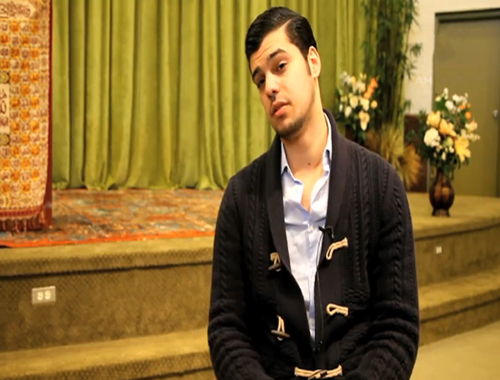Carelessness in guarding the trust
- Details
- Hits: 1933
Carelessness in guarding the trust
A trustee shall be made to pay for any loss or damage that occurs to the good entrusted to him, if he has not taken reasonable care of the goods or has kept them in an unsafe place. It is also not allowed to hand over the property in ones trust to someone else for safekeeping without the owner’s permission. If the trust is transferred to another person and a loss occurs, then the first trustee shall be held responsible. It will amount to a sort of carelessness on his part. Even if he considers someone else to be a better trustee he cannot move the goods to him without the permission of the owner. In the same way the trustee cannot carry the trust with him when he goes on a journey. The owner’s permission has to be sought in this case also. If the trustee intends to travel, he can keep the property in a safe place, or he can hand it over to another person only with the permission of the owner. However if there is a risk of loss or damage in his absence he must return the trust to its owner or his representatives. If the owner or his representatives are not available, he can surrender the trust property to the Mujtahid or the religious judge or he may avoid travel altogether. But if the journey is more important than the safe-keeping of this trust, and the owner nor representative nor a Mujtahid is available then he can, to ensure its safety keep it with someone reliable. He may even carry it with himself on the journey in such circumstances.
If one is sure that he will not be able to take care of the trust, it is Wajib for him to refuse to accept it. If such a person has already taken it, it is Wajib for him to return it but if in spite of his inability to safeguard the trust property, the owner insists on handing it to him he is allowed to accept it. In this case the trustee cannot be held responsible, and the owner would bear the loss in the event of the goods being lost or damaged. Even if one is compelled to be a trustee against one wishes, it is better to take care of the goods entrusted, as a moral obligation.
It is apparent that this transaction (of one who entrusts and the trustee) is a legal transaction. Either party may terminate the agreement whenever he or she desires. That is, the owner may ask for his property whenever he likes. In the same way the trustee can return the goods in his trust to the owner whenever he wishes. However, it is Wajib for the trustee to return the trust when the owner demands it and the one who entrusts cannot insist upon the trustee to continue to safeguard his goods when he (the trustee) wishes to relieve himself of the responsibility.











